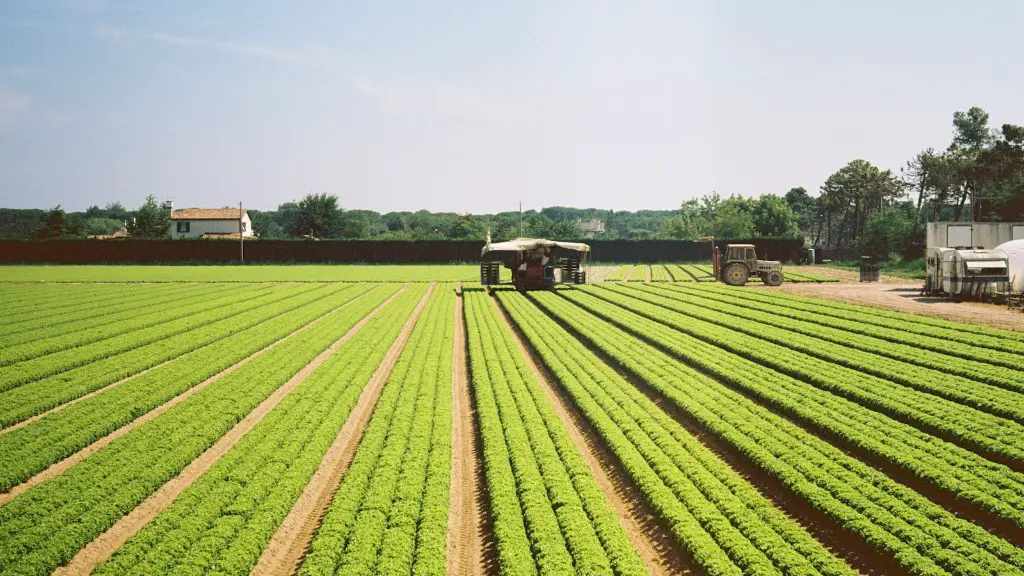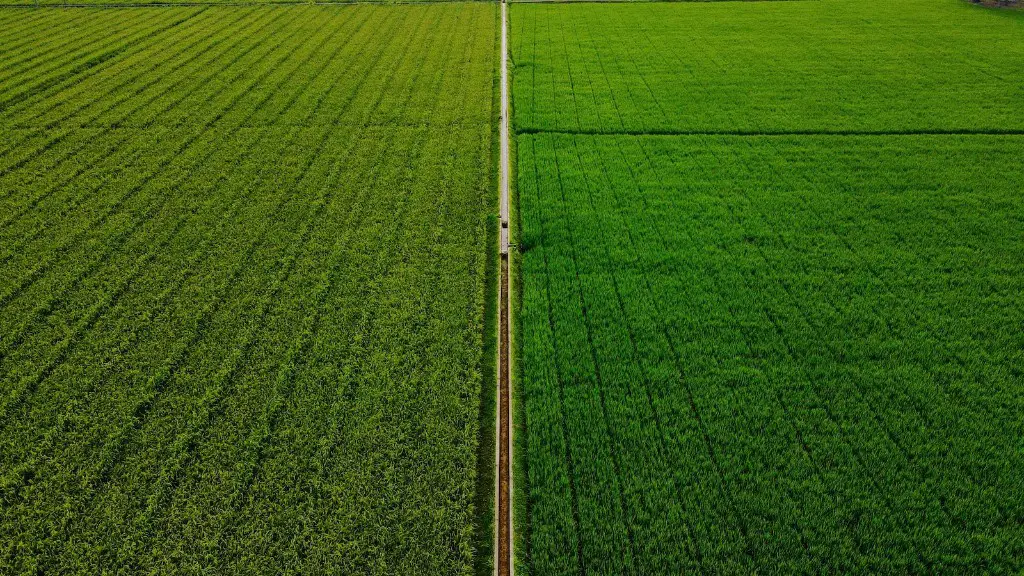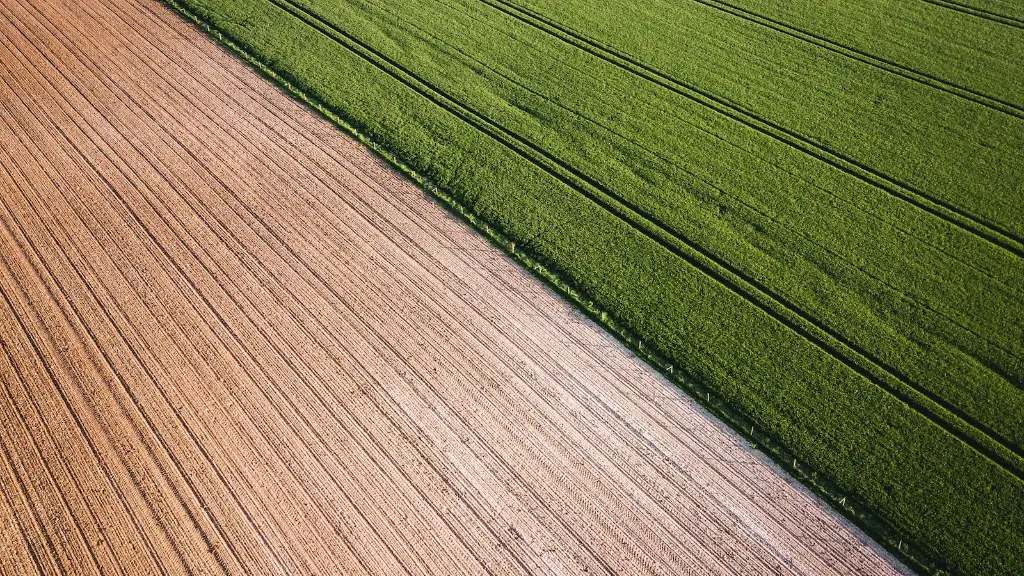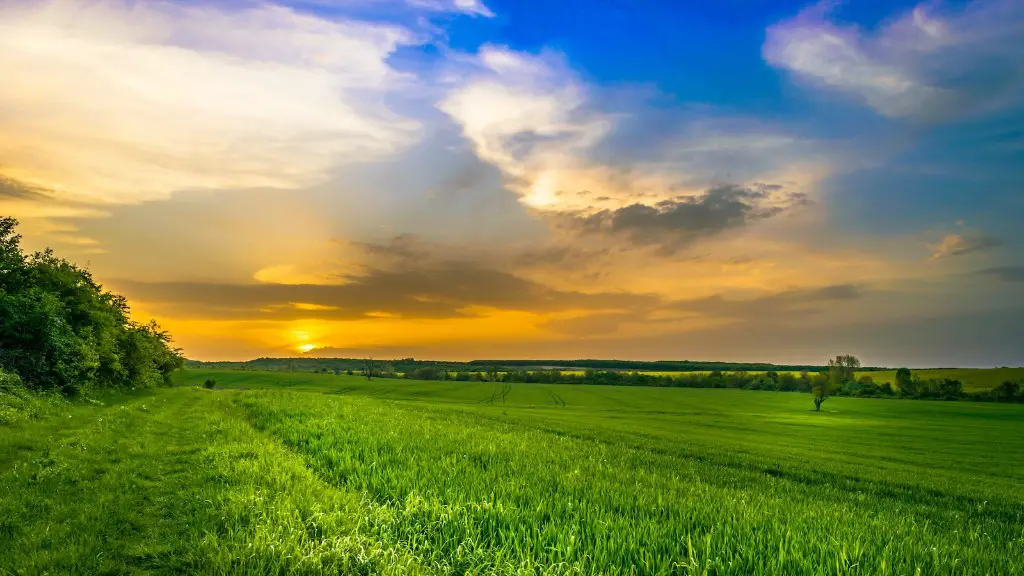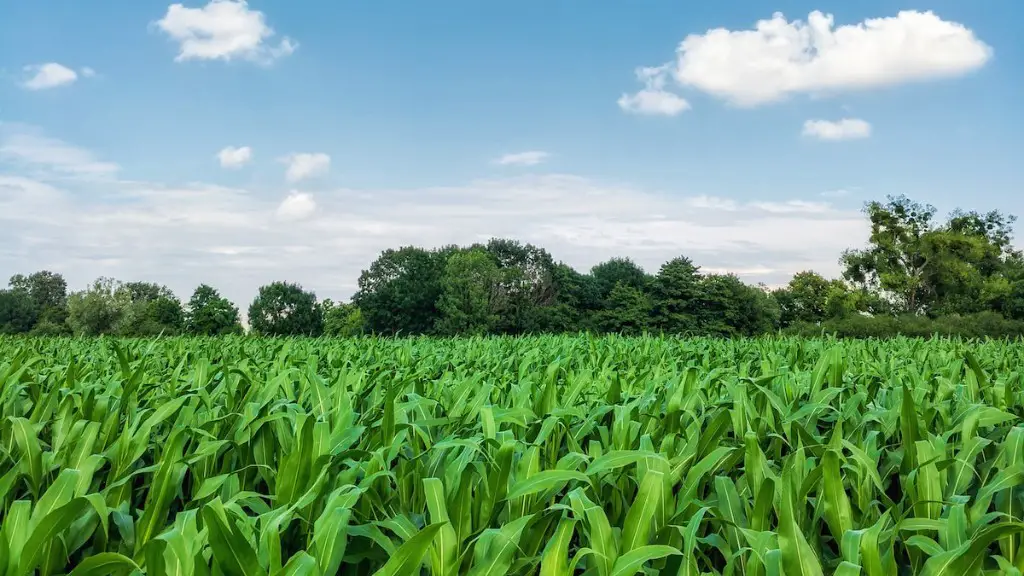In ancient times, the goddess of agriculture was a very important figure. She was responsible for making sure that crops grew and that people had food to eat. The goddess of agriculture was also responsible for teaching people how to farm and how to care for their crops.
The goddess of agriculture was Demeter.
Who is the goddess of agriculture in Roman?
Ceres was an important goddess in ancient Roman religion. She was associated with agriculture, grain crops, fertility and motherly relationships. Ceres was worshipped by the Roman people from an early date. Her festival, the Cerealia, was held in April or May.
Demeter, the Greek Goddess of Farming and Agriculture, was the daughter of the Titan Kronos and the Titaness Rhea. She is sister to Poseidon, the Greek God of the sea. Demeter is a kind and loving goddess who always looks after her children.
Who is the daughter of the goddess of agriculture
Persephone was Demeter’s daughter who was abducted by Hades and taken to the Underworld. Demeter searched for her for nine days and was very grief-stricken. Zeus had given Hades permission to take Persephone as his bride, which is why Demeter was ultimately unsuccessful in her search.
Demeter was the Ancient Greek goddess of the harvest. She was a very important goddess to Ancient Greek people, who farmed a lot of their food. Demeter had a kind and beautiful daughter, called Persephone, who she loved very much.
Who is the Egyptian goddess of agriculture?
Renenutet was an ancient Egyptian goddess of nourishment and the harvest. The importance of the harvest caused people to make many offerings to Renenutet during harvest time. Initially, her cult was centered in Terenuthis.
Oko Oko was a kind and generous god who blessed the earth with bountiful harvests. He was loved by all who knew him, but one day he mysteriously disappeared. Some say he returned to the heavens, while others believe he is still out there somewhere, tending to his farm and watching over us. Either way, we are forever grateful for the gifts he bestowed upon us.
Who is the goddess of growing plants?
In Roman religion, Ceres was the goddess of the growth of food plants, worshiped either alone or in association with the earth goddess Tellus. At an early date, her cult was overlaid by that of Demeter (qv), who was widely worshiped in Sicily and Magna Graecia.
Demeter is a goddess of fertility, agriculture, and harvest. She is also Greek goddess of the underworld, and the cycle of life and death. Demeter is credited with creating the seasons, which was a result of her daughter, Persephone, being stolen by Hades.
Who is the Greek goddess of gardening
Aphrodite of the Gardens is an epithet of the Greek goddess Aphrodite The epithet describes her patronage over vegetation and garden fertility. In art, Aphrodite of the Gardens is most often depicted as a young woman surrounded by flowers, symbolizing her role as a protector and patron of gardens, gardeners, and growth.
Circe is an interesting figure in Greek legend, as she has the power to change humans into animals using drugs and incantations. This power is both a curse and a blessing, as it allows her to protect her island, Aeaea, from intruders, but also means that she is constantly surrounded by those who have been transformed and cannot return to their human form. The hero Odysseus visited her island with his companions, and she turned them into swine. While this story has a dark undertone, it also speaks to the power of transformation and the ability of humans to overcome even the most daunting obstacles.
Who is the Norse goddess of agriculture?
Gefjon is a goddess of great importance in Norse mythology. She is associated with ploughing, the Danish island of Zealand, the Swedish king Gylfi, the Danish king Skjöldr, and foreknowledge. She is also the mother of four oxen-children, who were born from the union of an ox and a giant. Gefjon is a powerful goddess who is greatly respected by the Norse people.
Roman women held the goddess Juno in high esteem, especially for her role as the goddess of marriage. It is believed that the name of the month June is derived from Juno’s name. Juno was also the goddess of childbirth and in that role was known as Juno Lucina. Juno was a popular goddess and her worship was widespread throughout the Roman empire.
Who got Demeter pregnant
Poseidon is Demeter’s brother, and he forced himself upon her when she was transformed into a stallion. This resulted in two children: Despoena, a nymph, and Arion, a talking horse.
One of the most popular goddesses in mythology, Persephone was best-known as the goddess of spring. The daughter of Zeus, god of the sky and thunder, and Demeter, goddess of agriculture and the harvest, Persephone was a key figure in many of the most well-known myths and stories.
What is Demeter most famous for?
Demeter was the goddess of agriculture in ancient Greece. She was responsible for teaching humans how to plant and nurture the earth to provide food. Her Roman name was Ceres, which is where we get the word “cereal” from. Demeter was an important figure in Greek mythology and her story was popularized in the famous epic poem, The Odyssey.
Athena is the daughter of Zeus, the god of wisdom, war, and crafts. She is the goddess of wisdom and war, and is also proficient in the art of crafts. Athena is also the mother of Persephone, the goddess of agriculture. Demeter is the goddess of agriculture and mother of Persephone. She is not considered to be an Olympian.
Conclusion
Demeter was the goddess of agriculture.
The goddess of agriculture was Demeter. She was known for her ability to bring forth life from the earth and was worshipped as a symbol of fertility.
